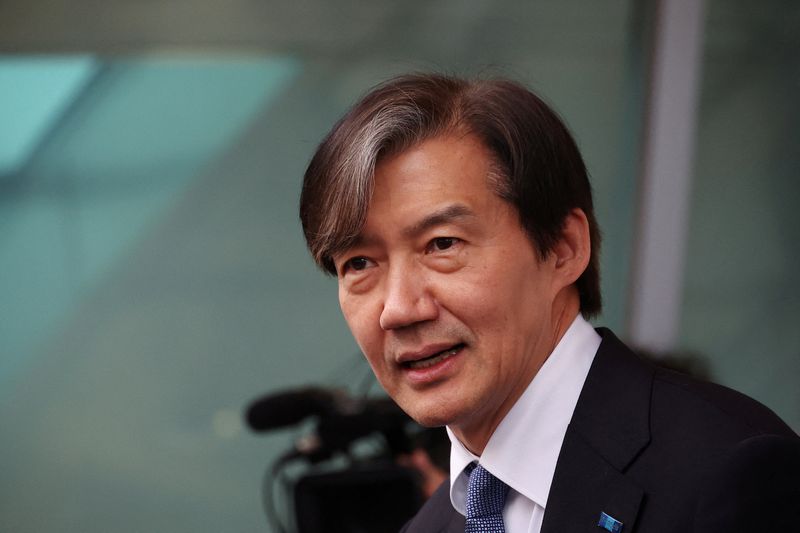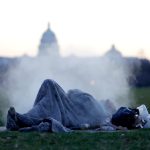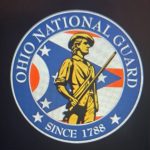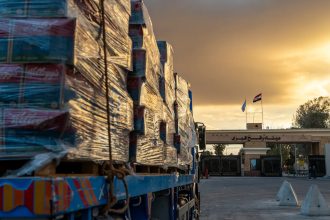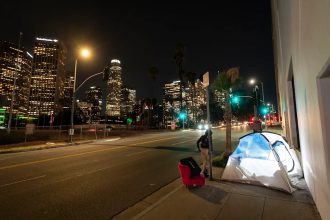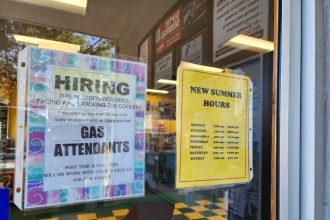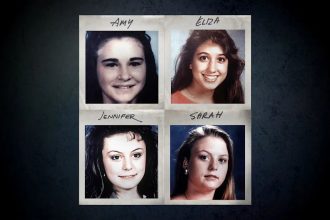SEOUL (Reuters) -South Korean President Lee Jae Myung will grant a presidential pardon to former Justice Minister Cho Kuk, the Ministry of Justice said on Monday, a move that could restore Cho’s position as a liberal political leader after he was jailed for academic fraud.
The pardon will reinstate Cho’s eligibility to be elected to public office, and may make him a focal point for support by some liberals in a political landscape currently dominated by Lee and the ruling liberal Democratic Party, analysts have said.
Cho launched the minor Rebuilding Korea Party ahead of the general election in April last year. The Democratic Party relies on the support of the party and other smaller liberal parties to cement its control of South Korea’s parliament.
Since December, Cho has been serving a two-year jail term for forging documents to facilitate his children’s admission to prestigious schools and unlawful interference with a government inspection.
The Rebuilding Korea Party welcomed Cho’s pardon and accused the previous administration of abusing the power of prosecutors.
However, pollster Realmeter said “pardon issues” were partly to blame for a downturn in Lee’s support in an opinion poll.
Lee’s approval rating fell to 56.5% in the first week of August from 63.3% the previous week, Realmeter said on Monday.
Cho’s pardon, among 2,188 people to be pardoned and reinstated on Friday, had been the most heavily trailed in South Korean media before it was confirmed on Monday.
Song Eon-seog, the conservative opposition People Power Party’s floor leader, criticised the pardon and said Cho “has destroyed the values of fairness and justice in our society, inflicting great deprivation on young people”.
Others to be pardoned by Lee include former lawmaker Yoon Mee-hyang, the Ministry of Justice said. She was charged with personally using donations meant to help women forced to work in Japanese wartime brothels, and her guilty verdict was finalised last year.
Others include a number of conservative political figures, businessmen, as well as small business owners, truck drivers and fishermen, the ministry said.
“The pardons focused on providing opportunities for national unity … and revitalising the economy,” Justice Minister Jeong Seong-ho told a televised briefing.
The presidential pardons are to mark August 15, South Korea’s National Liberation Day, which this year falls on the 80th the anniversary of Korea’s independence from Japan’s 1910–45 colonial rule.
(Reporting by Joyce LeeEditing by Ed Davies and Alison Williams)


